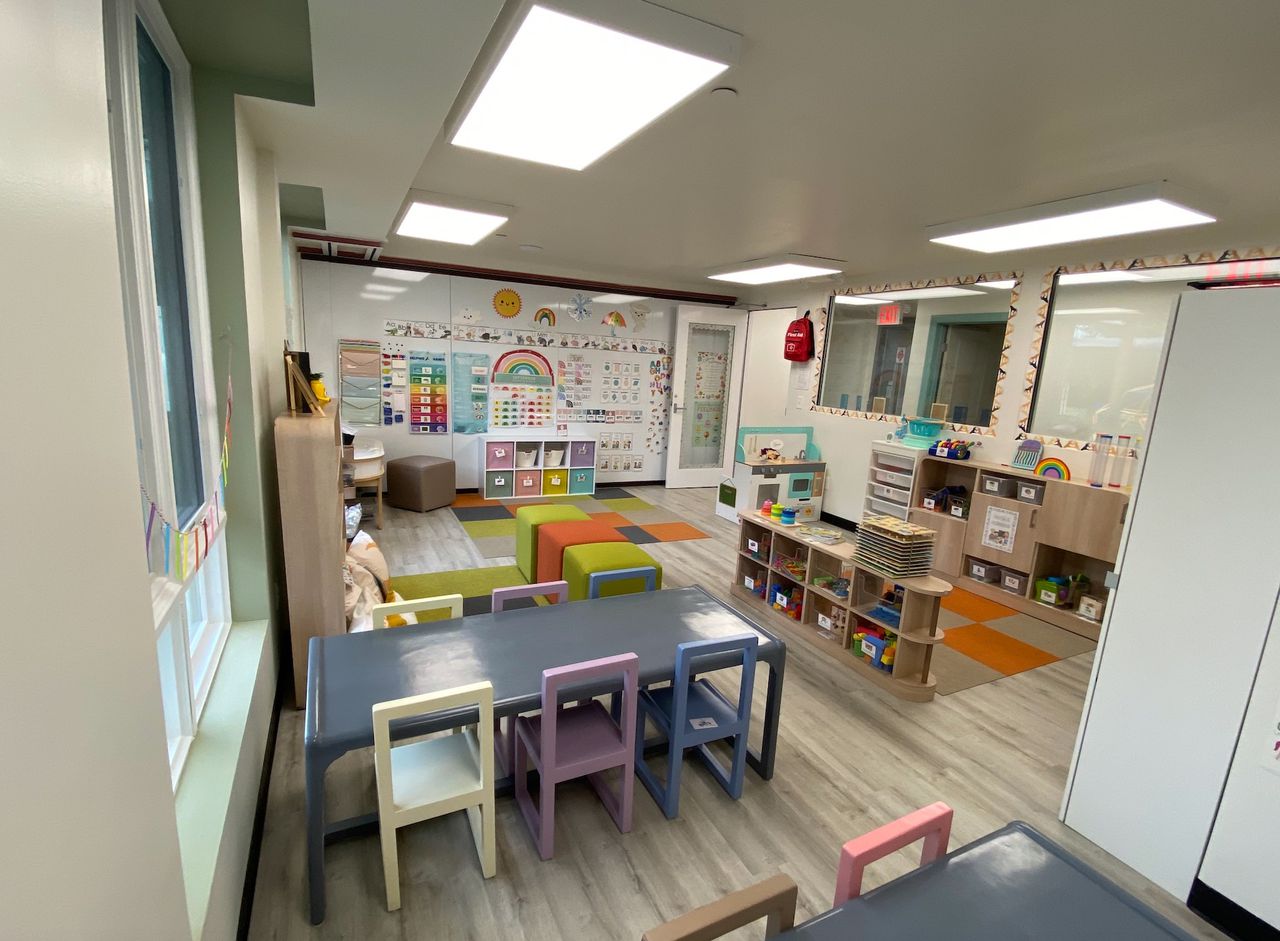Alabama receives $4 million grant as state expands early childhood efforts
The Alabama Department of Early Childhood Education was awarded $4 million by the federal government to support early childhood education initiatives, Gov. Kay Ivey’s office announced today.
The grant was given by the U.S. Department of Health and Human Services as part of its program to help states support early childhood services for children from birth to age five.
It will help the state prepare more employees for child care, day care and school jobs, according to documents.
Early childhood education students are more likely to graduate high school and become higher earners in the workforce, according to the National Education Center.
Ivey has focused on workforce development in education. In 2017, she established the Strong Start, Strong Finish initiative, which provides a comprehensive education-to-workforce agenda with a focus on the birth-five continuum.
The grant supports that initiative as well as helps ensure educators are prepared to work in early education environments.
Read more: Alabama’s ‘Born Ready’ initiative.
Read more: How much does child care cost in each Alabama county?
“Alabama children deserve the best start possible, and these funds will help us support early childhood educators in an efficient, developmentally-appropriate way,” Ivey said. “This grant will support the scaling of high-quality programs of early childhood care and education, so we can ensure our children are prepared for further education, a career and a lifetime of success.”
Ivey said during her inauguration that education would be a top priority.
While Alabama ranks in the bottom five states for K-12 education, the state’s First Class Pre-K program has been named the highest quality state pre-kindergarten program in the country by the National Institute for Early Education Research for 15 years.
“This grant builds upon the previous work to implement a unified Early Childhood Care and Education system,” said Dr. Barbara Cooper, Secretary of the ADECE, in a news release. “Once realized, the system will maximize our previously coordinated efforts to better connect and leverage early learning and care opportunities and ultimately inform decisions with data, increase efficiency, and reduce duplication.”
